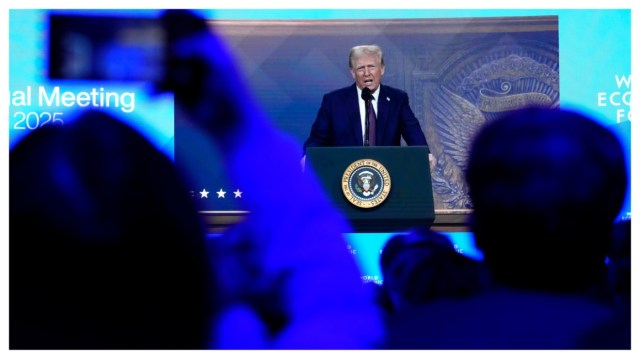Tech Titans Under Fire: Trump Blasts EU's Massive Fines as Covert Digital Tax Grab

In a bold critique of international tech regulation, President Trump launched a scathing attack on the European Union, accusing the bloc of unfairly targeting American technology giants through what he described as thinly veiled economic punishment.
Speaking out against the EU's aggressive stance on tech company oversight, Trump characterized the substantial financial penalties imposed on major tech firms as a strategic form of economic warfare. He argued that these hefty fines were less about regulatory compliance and more about a calculated attempt to undermine American technological leadership.
The president's comments highlight the growing tension between U.S. tech companies and European regulatory bodies, which have increasingly scrutinized and penalized global tech giants for alleged antitrust violations and data privacy concerns. By framing the fines as a "form of taxation," Trump emphasized what he perceives as an unfair economic strategy designed to handicap American technological innovation on the global stage.
This latest salvo in the international tech regulatory landscape underscores the complex geopolitical dynamics surrounding digital commerce and the ongoing struggle for technological supremacy between major economic powers.

